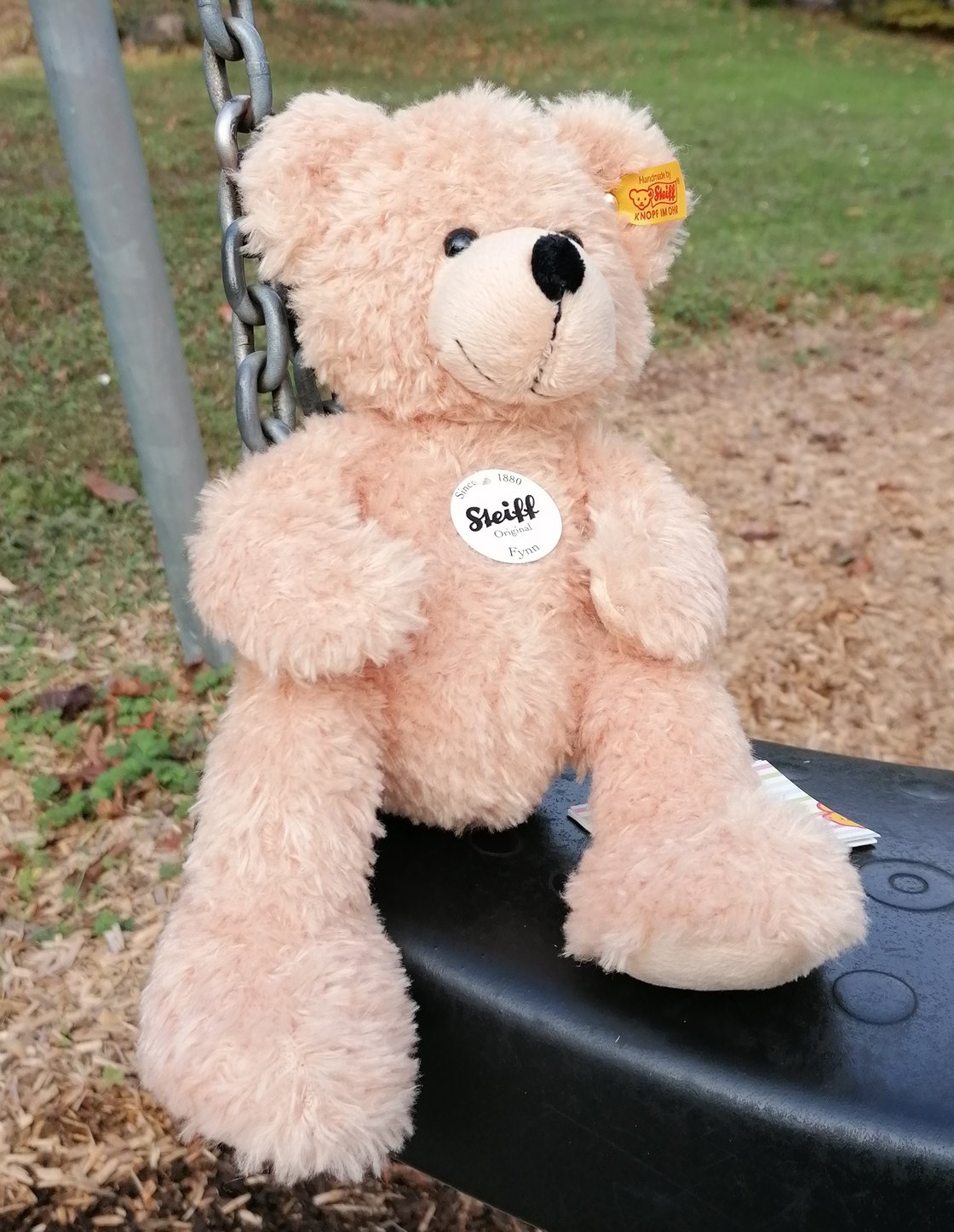Huggy Puppy – cuddly animal intervention to alleviate the effects of trauma and stress in young refugee children
(Flyer)
Schlagworte
Ukraine; war of aggression; refugees; mental health support; trauma; grief; early intervention; prevention, preschool children.
Project Management
Dr. M.Sc.-Psych. Elisa Pfeiffer, child and adolescent psychotherapist (VT), head of the day clinic and the scientific working group on trauma therapy at the Clinic for Child and Adolescent Psychiatry/Psychotherapy in Ulm, Germany
Dr. phil. Andreas Witt, graduate psychologist and child and adolescent psychotherapist (VT), head of the psychotherapy and trauma outpatient clinic at the Ulm Clinic for Child and Adolescent Psychiatry/Psychotherapy
Dr. M.Sc.-Psych. Cedric Sachser, child and adolescent psychotherapist (VT), head psychologist of the child and adolescent psychiatric institute outpatient clinic and head of the scientific working group on trauma therapy at the Clinic for Child and Adolescent Psychiatry/Psychotherapy Ulm
Cooperation Partners
Dr. rer. nat. Andrea Hahnefeld
Psychological psychotherapist (VT) with advanced training in special psychotrauma therapy with children and adolescents (DeGPT)
TU Munich, Chair of Social Pediatrics
kbo Children's Center
Asylum, Migration and Integration Fund (AMIF)
Project Term
01.05.2022 - 30.04.2023
Background & Aim of the Project
Experiencing the war of aggression in Ukraine, fleeing to Germany, and being separated from their homes and often from their fathers can place a significant psychological burden on Ukrainian children. The potentially traumatic events often exceed the children's ability to cope with the anxiety and stress involved. Psychological distress can remain high even after the children are already safe.
The early intervention "Huggy Puppy" was developed in 2006 by a team of researchers in Israel (Sadeh, Hen-Gal & Tikotzky, 2008). It can be offered to preschool and elementary school-aged children who have been exposed to stressful or traumatizing experiences. The intervention can help children use active stress management strategies and regulate their emotions. By caring for and building a bond with the stuffed animal, stress and trauma reactions can be alleviated.
The project is implemented together with Dr. Andrea Hahnefeld, who also offers the intervention in her Interdisciplinary Child Trauma Consultation (IKTS) in Munich.
Description of the Project
The intervention "Huggy Puppy" is offered for refugee Ukrainian children aged 3 - 10 years. At the first appointment, after getting to know each other, there is a psychoeducation for parents and children about trauma, children's needs and support options. Afterwards, a Ukrainian psychological worker introduces the stuffed animals to the children. She tells them a story with which the children learn that Huggy the teddy bear is also far from home, sad and alone right now. The children are asked if they would like to take care of Huggy. If they agree, the children are demonstrated how to hug the teddy and how to be hugged. Parents are asked to support the children's interest in the stuffed animal. After three weeks, another meeting is held with the family with feedback on the intervention. At both meetings, a screening is conducted to assess the children's symptoms.
The intervention has already been implemented with some children and is scientifically monitored and continuously developed based on the experience of the implementers.
Contact Address
University Hospital Ulm
Clinic for Child and Adolescent Psychiatry & Psychotherapy
Steinhövelstr. 2
89075 Ulm
Maria Hrynova & Selina Gehring
E-Mail: ukraine.kjp[at]uniklinik-ulm.de
Funded by:
The "Huggy Puppy" project is funded by the Vector Stiftung, which provides grants to employ refugee Ukrainian researchers as part of an emergency aid program.
The cuddly animals used in the intervention are donated by the Steiff company (Margarete Steiff GmbH).
